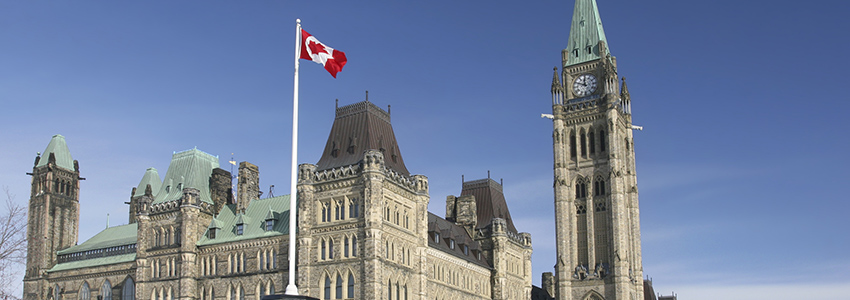Earlier this week, Deputy Prime Minister and Minister of Finance Chrystia Freeland tabled the first economic statement for the 44th parliamentary session. This Fall Economic and Fiscal Update presents a host of spending measures intended to support Canada in its continued response against the COVID-19 pandemic and long-term recovery. The update focuses on two priorities: protecting our recovery by finishing the fight against COVID-19, and “the road to recovery,” with funding for post-pandemic recovery.
The government recognizes housing remains a concern for Canadians, especially those looking to buy their first home. The update renewed the government’s commitment to increasing housing supply, with $70 billion invested to the National Housing Strategy, which will support up to 125,000 affordable homes. While federal leadership and funding are essential, the government acknowledges delivering solutions will require working in concert with provinces/territories and municipalities with whom levers and jurisdictions fall. Furthermore, the government stated that addressing housing affordability remains a priority. More details will be revealed in Budget 2022.
In Budget 2021, the government introduced the Underused Housing Tax. As of January 1, 2022, non-resident, non-Canadian owned residential real estate that is considered vacant will be taxed annually at 1%. In line with CREA’s lobbying efforts, we’re pleased to see this fall economic statement introduced the government’s plan to bring forth an exemption for certain vacation and recreational properties.
The federal government will also dedicate up to $50 million to support new calls for proposals under the National Trade Corridors Fund, which intends to assist Canadian ports with acquisition of cargo storage and other means required to address Canada’s supply chain congestion. More details on this proposal will follow in the coming weeks.
On financial support programs, the update highlighted the government’s proposal to extend the Canada Recovery Caregiving Benefit, the Canada Recovery Sickness Benefit and the Canada Recovery Hiring Program until May 7, 2022. In addition, the government is extending the Highly Affected Sectors Credit Availability Program until March 31, 2022.
CREA will continue to monitor for details surrounding programs announced in the statement and for any new or existing policy on housing.

